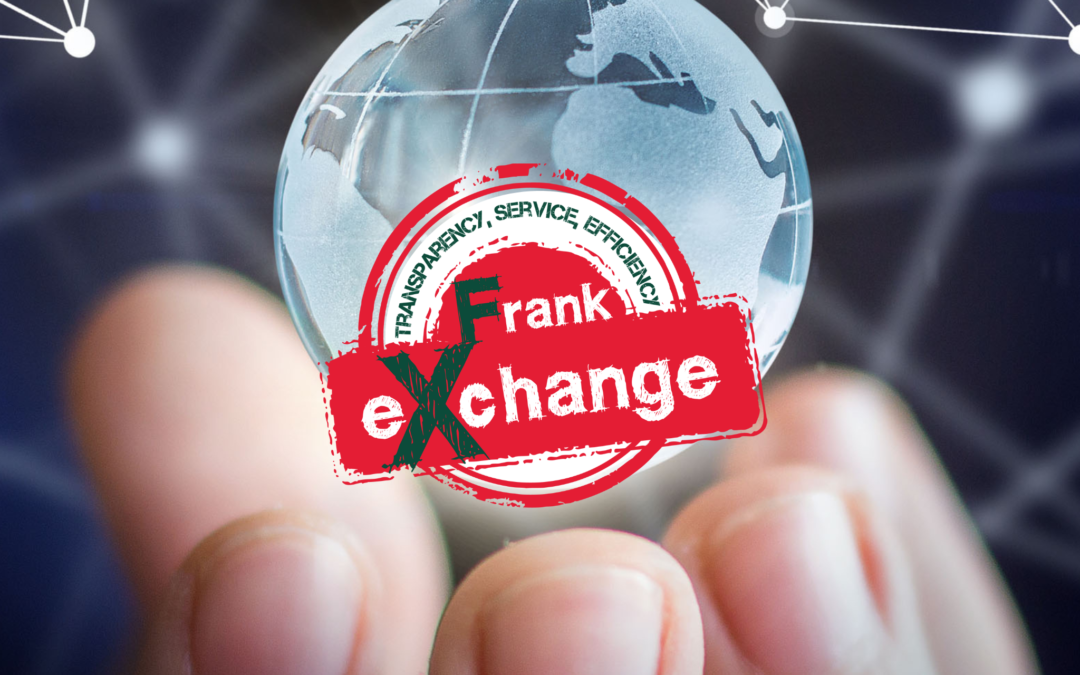International payments are essential in today’s global economy. While sending money domestically is often quick and simple, international transfers involve more complexity, longer processing times, and additional fees. This guide will help you understand how international payments work, the common causes of delays, and best practices for ensuring smooth transactions.
How International Electronic Funds Transfers Work
Sending an international wire transfer involves multiple steps and banking networks. Here’s a breakdown of the process:
| 1. Initiation | The sender initiates the transfer via their provider (online, mobile app, or in-branch) by providing the recipients details. |
| 2. Interbank Communication | The sender’s bank communicates with the recipient’s bank using the SWIFT network, a secure messaging system for financial transactions. |
| 3. Intermediary Banks (if needed) | If the sender’s and recipient’s banks don’t have a direct relationship, intermediary banks facilitate the transfer, which in some cases can add extra fees and time. |
| 4. Currency Exchange | If the transfer involves different currencies, the sending bank converts the funds using its exchange rate, which will include a markup. |
| 5. Completion | Once received, the funds are deposited into the recipient’s account, completing the transaction. |
How Long Do International Transfers Take?
Unlike domestic payments, international transfers usually take 1 to 5 business days. However, some factors can extend processing times:
- Same-day transfers: Some banks offer expedited services (within 24 hours) sometimes coming with an extra fee.
- Geographical differences: Transfers between countries with direct banking relationships (e.g., the US and Europe) are often quicker than those involving less connected regions (e.g., Europe to Africa).
- Business hours: Transfers initiated outside banking hours or before public holidays may take longer to process.
Common Reasons for International Payment Delays
Several factors can slow down an international transfer:
| 1. Fraud Prevention and Security Checks |
Banks perform security checks to prevent fraud, money laundering, and terrorism financing, which can delay processing. These include:
|
| 2. Incorrect or Incomplete Details | Providing incorrect account numbers, SWIFT codes, or recipient details can cause the transfer to be rejected or delayed. |
| 3. Bank Operating Hours and Holidays |
|
| 4. Currency Exchange and Market Conditions |
|
| 5. Intermediary Banks |
|
| 6. Destination Country’s Regulations |
|
How to Send International Payments Efficiently
To avoid unnecessary delays, follow these best practices:
- Choose the Right Payment Service
- Traditional banks: Secure but may have higher fees and slower processing.
- Online payment services (e.g., Frank eXchange Limited): Often faster and cheaper than banks.
- Gather Accurate Information
- Ensure recipient details (name, address, account number, SWIFT/BIC code) are correct.
- Verify the required currency and exchange rates.
- Be Aware of Compliance Requirements
- Complete any necessary Know Your Customer verification.
- Understand Anti-Money Laundering policies and possible transaction scrutiny.
- Initiate Transfers Early
- Avoid weekends, holidays, or after-business-hours transactions to prevent delays.
- Consider using same-day transfer options if available.
- Monitor the Transfer
- Use tracking numbers if provided.
- Contact your bank or service provider if the transfer takes longer than expected.
- Notify the Recipient
- Provide payment confirmation/receipt and any required information for smooth receipt.
Final Thoughts…
International payments are crucial for global transactions, but they come with challenges such as processing delays, high fees, and security checks. By understanding how they work and taking proactive steps, you can ensure your transfers are completed efficiently and without unnecessary complications.
Make Your International Payments Seamless with Frank eXchange!
Don’t let delays, fees, and complexity slow you down. With Frank eXchange, you get fast, secure, and cost-effective international transfers.
💸 Send smarter, faster, and securely! Get started with Frank eXchange today. 🚀
Get in Touch!

Our team are here to help you get more from your money when making international payments. We will work with you to understand your payment needs and offer guidance on the best options available to you.
